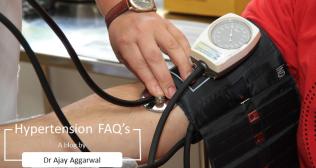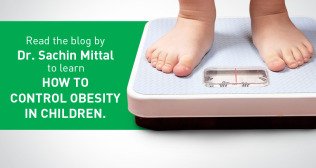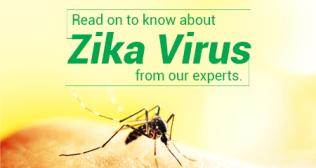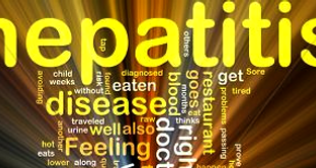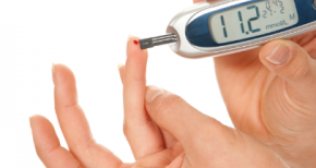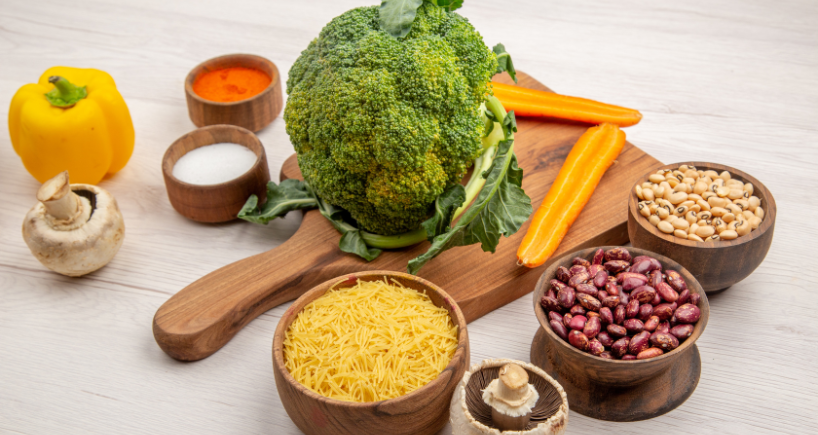
Which Mineral-Rich Foods Should You Include in Your Diet
We all need minerals in our bodies to effectively assist in providing nutrients to our bodies. Of these, magnesium and zinc may be of particular interest to those looking for health benefits. The former is good for energy creation, immune function, and bone health. Mineral-containing foods should be incorporated into diets to boost general health and avoid shortcomings.
Why are magnesium and zinc important?
Diets rich in magnesium are significant for more than 300 biochemical processes vital for muscle contractions, nerve impulses or a healthy rhythm. It also plays a role in bone formation and blood sugar level regulation.
On the other hand, zinc is important for immune responses, for the proper healing of tissues and for the synthesis of DNA. It also promotes the health of the skin and the functions of hormones in the body.
In order to derive some of these minerals, it is obligatory to include food with good amounts of magnesium and zinc.
Top foods rich in magnesium
Leafy green vegetables: Magnesium-rich foods include spinach, kale and Swiss chard. Just one cup of cooked spinach contains about 40 per cent of the daily recommended value of the vitamin.
- Nuts and seeds: Magnesium can also be found in almonds, cashews and Brazilian nuts. Finally, pumpkin, flax and chia seeds are rich in magnesium and are sources of healthy fats and fibre as well.
- Whole grains: Magnesium-rich foods include quinoa, brown rice, oats and whole-grain foods. In other words, now you can be certain you’re really getting the most nutritive value on your hands when it comes to whole grains over refined grains.
- Legumes: So besides being excellent protein sources, black beans, chickpeas and lentils are also good sources of magnesium.
- Dark chocolate: Yet another piece of good news for people who just cannot have enough chocolates. Magnesium, for example, can be obtained from a simple bar of dark chocolate with 70 per cent cocoa content or more. It provides up to 16 per cent of the daily recommended amount in one ounce.
Top foods rich in zinc and magnesium
- Shellfish: There is information that oysters are the richest source of zinc. You can also get both magnesium and zinc by including crab or shrimp in your meals.
- Nuts and seeds: Most nuts and seeds contain high levels of zinc and magnesium. One serving is a small handful and perfect when taken as a snack.
- Meat and poultry: Beef, chicken and turkey are some of the richest sources of zinc. Lean meats also contain a small amount of magnesium.
- Dairy products: Milk, cheese and yoghurt contain zinc and are reasonably endowed with magnesium.
- Eggs: Eggs are a moderate source of zinc and magnesium and are highly nutritious and high-quality protein food.
Tips for including magnesium- and zinc-rich food in the diet
- Start your day right: Supplement your oatmeal or yoghurt with nuts or seeds.
- Snack smart: You can have dark chocolate, pumpkin seeds or edamame handy because they are excellent sources of magnesium.
- Incorporate greens: Add spinach or kale to sandwiches, hamburgers and soups or add spinach or kale as an ingredient to salads, omelettes or sauces.
- Go lean: Consume foods containing lean meats and fatty fish, where magnesium and zinc nutrients are balanced.
- Choose whole grains: Opt for whole-grain rice or bread instead of the refined, white ones and use quinoa occasionally.
Conclusion
Introducing magnesium-containing foods as well as foods containing zinc and magnesium in your regular diet is crucial. What foods should be included? Fresh vegetables, nuts, seeds, beans, shellfish, whole grains, etc., are nutritious foods that should be eaten. It also means that by incorporating these foods into your current diet, you will achieve an optimal intake of these important minerals, which aid in energy production, immune system boost and many others. Try to incorporate these foods in your diet; you will probably reap the benefits of a healthy nutritional diet in the long term.







